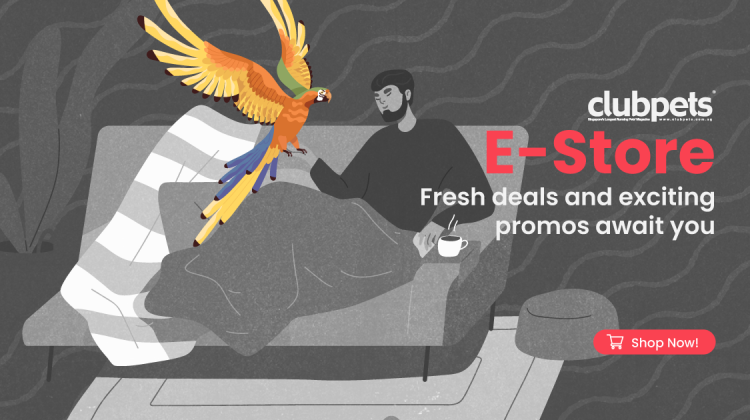Healthy, Happy Toys

Generally healthy and long-lived, toy dog breeds have fewer health concerns than their larger counterparts. However, they are not entirely without health problems. Here are some of the more common ones you need to take note of.
Teeth and gum problems
Many small dogs have a tendency to develop teeth and gum problems that lead to tooth loss, because they are often fed canned food as an alternative to larger kibble. Although tooth loss in itself is vexing, oral disease can lead to even more serious heart disease, compromised immune systems and other complications.
Weekly tooth brushing will help prevent this typical small dog health problem. An attractive supply of crunchy treats and chews made with high-quality natural ingredients will also help your pup keep its sparkling smile.
Patella luxation
Patella luxation is what happens when a dog’s knee joint slips out of place and rubs against the leg bone instead. This is one of the toy dog health problems that can be traced to heredity and is not necessarily a breed-specific problem, as lots of small dogs experience it. While not as lethal as hydrocephalus, patella luxation can affect a dog’s mobility and temperament. Usually excitable, high-strung little dogs, their frequent jumping can aggravate the painful problem. Often, a seasoned vet can detect a dog’s predisposition for patella luxation by inspecting its legs when it’s a mere pup. Because the treatment for severe luxation is often surgery, it’s a problem potential owners certainly want to avoid if possible.
Collapsed trachea
Collapsed trachea is a health problem found almost exclusively in toy and other miniature dog breeds. Highest risk breeds are Chihuahuas, Italian Greyhounds, Maltese, Pomeranians, Toy Poodles and Yorkshire Terriers. Symptoms include coughing, taking shallow quick breaths, and making “honking” noises like those made by a goose.
A dog with a collapsed trachea usually can’t exercise without having problems and in some severe cases, may even pass out from lack of air. Any exercise is likely to fatigue it. This condition usually appears between the ages of four to 14 years. A dog will have trouble breathing and may try to vomit to clear its airway. In worst cases, the dog’s tongue and gums turn blue and acute attacks require hospitalisation. About one percent of dogs with this condition do die from complications.
Although the condition is congenital or inherited, there are things that an owner can do to lessen the onset or severity of the condition. Ensuring your dog gets proper nutrition through high quality dog food will help formation of cartilage, especially in the puppy years. Don’t overfeed your dog, however, as overweight dogs are affected more than others.
Use a harness rather than a collar when walking your dog. It can wear a collar with its tags, but don’t attach a leash that adds pressure and pulling around its neck. Keep vaccinations up to date as this helps to prevent respiratory infections.
Small dog syndrome
Even the smallest toy dogs are infamous for their willingness to take on dogs the size of a full-grown man. Your dog may be that brave, but it’s almost sure not to be that lucky. Protect your small dog from its oversized ambitions by picking it up when a larger dog approaches.
Don’t allow your toy dog to jump off furniture, either, no matter how easily the dog seems to do it. Their tiny bones are more easily broken, and this may also cause damage to joints, both in the risk of acute injuries and in long-term damage.
General health issues
Although small dogs are typically long-lived, illness has even greater ramifications when it comes to small dog health problems. Many opportunistic illnesses like viruses and bacterial infections can take over a small dog’s system much more quickly, causing them to go downhill rapidly. Small dogs are also more prone to hypoglycemia (low blood sugar) because of their faster metabolism. Paying attention to the first signs of any illness and taking immediate action can greatly help to keep small dog health problems in check.
On the surface, small dog health problems might appear to be much the same as any other dog’s, health issues can have a bigger effect on their tiny systems. Extra diligence on your part will help more effectively treat and prevent many small dog health problems!








